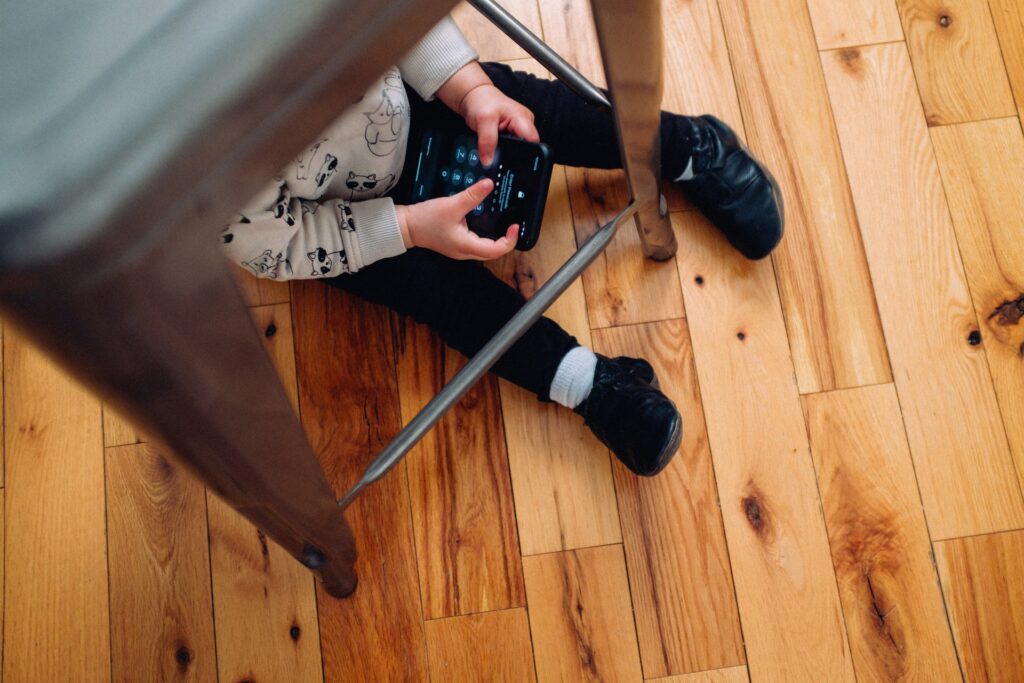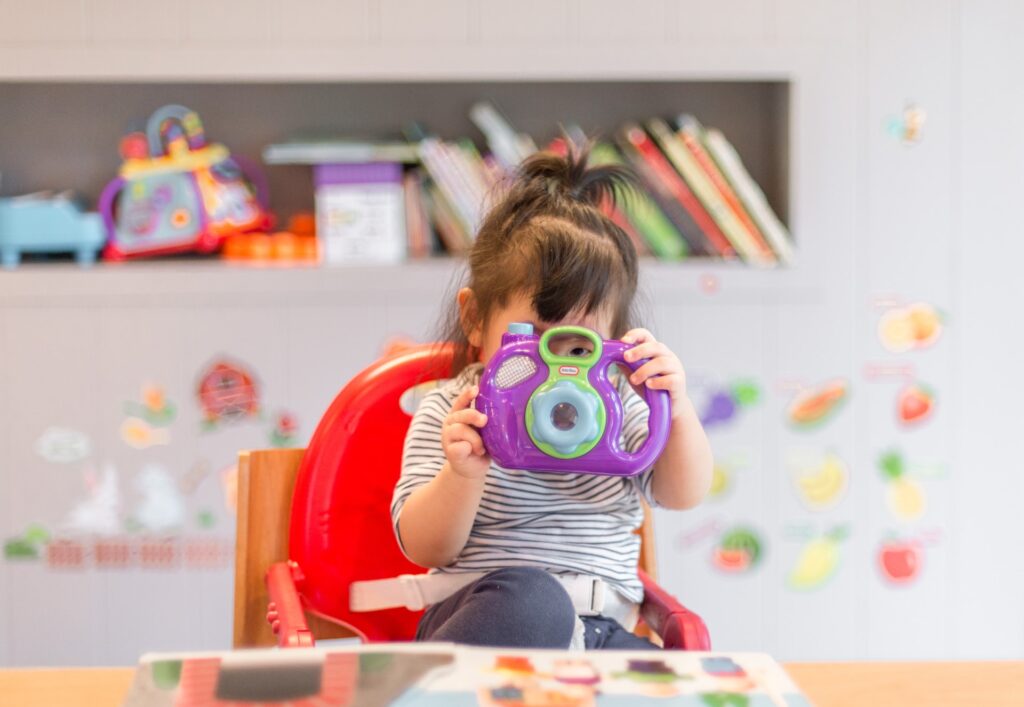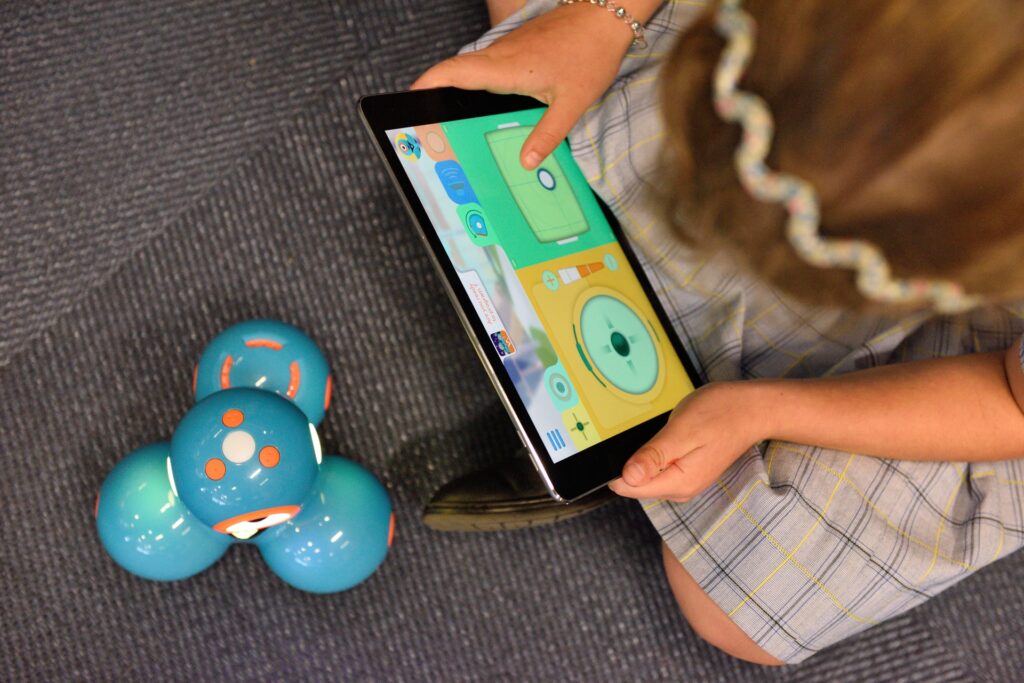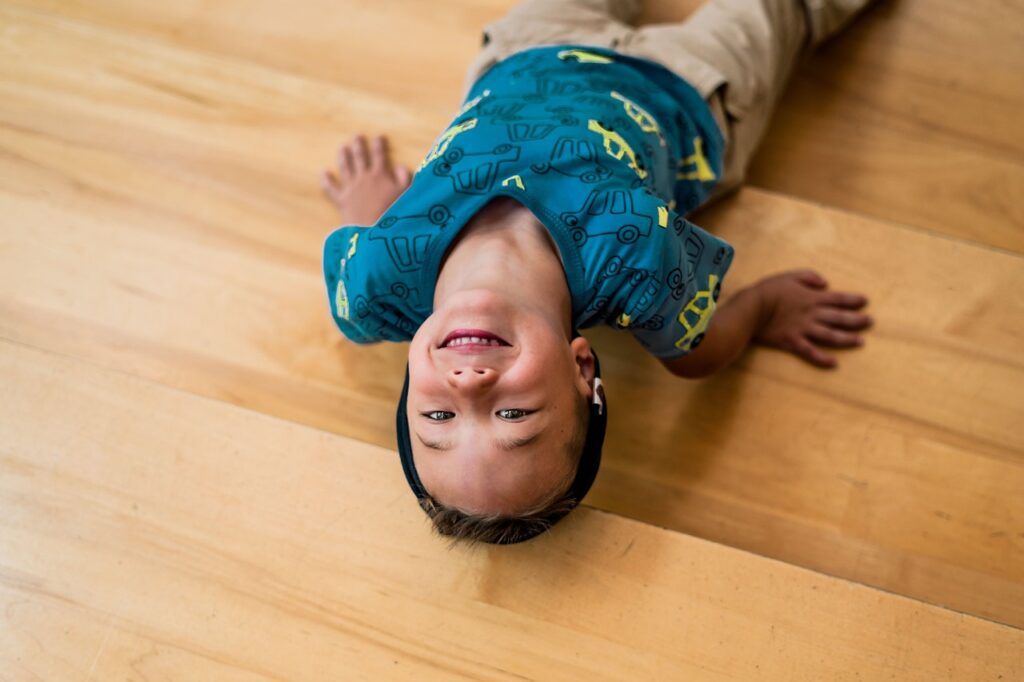12 Ways To Make Home Learning With Kids Fun and Productive
Recent events in the world have put an indefinite pause on our everyday lives, even for kids. Schools were unable to finish their academic year due to the COVID-19 pandemic, leaving moms and their children at home with question marks over their heads. What now?
But thanks to technology, kids can continue to learn new things even in the comfort of their own homes. Childhood development studies show that home learning can help kids with their school readiness and attainment levels until their teenage years. Adapting a learning environment can also help the kids prepare for the “new normal” in education, where online classes are likely to replace classroom setups.
Surely, parents wouldn’t want their children to be glued to their tablets or television all day. This might take a toll on their skills and social development, but it doesn’t have to be that way.
“You can help your children by providing them with a structure and routine, and being a positive force in their education,” Dr. Pamela Hurst-Della Pietra, president of Children and Screens: Institute of Digital Media and Child Development said about COVID-19 and at-home learning. Here are some ways to establish home learning at home with your children:
1. Cut the screen time
 Photo courtesy of Charles Deluvio via Unsplash
Photo courtesy of Charles Deluvio via Unsplash
Technology is an excellent asset for those working from home and those who are taking up online classes. However, technology can be a great distraction for kids, especially when it’s taking up too much time off their hands. As parents, you should set up a screen timeout and establish rules or limitations when using gadgets.
Limit the children’s use of gadgets for gaming and streaming. Don’t let them use their smartphones until they’ve finished their homework or their chores. This will help build their sense of responsibility and time management. Also, it’ll help save your kid’s eyesight in the long run— trust us!
2. Establish a home learning routine
 Photo courtesy of Jerry Wang via Unsplash
Photo courtesy of Jerry Wang via Unsplash
School has created a routine comfortable for kids at a certain age. Considering that kids are used to this routine, losing it due to class suspension may be quite a culture shock to them. Studies show that establishing routines help in child development.
Make a framework close to their usual classroom routine so your kids can do their best with a schedule. Create a plan that would balance their learning and playtime, as well as your work and chore schedule. As much as possible, get the entire family involved and strictly follow the plan to create a routine the kids can follow and quickly adapt.
3. Take frequent breaks
 Photo courtesy of Tanaphong Toochinda via Unsplash
Photo courtesy of Tanaphong Toochinda via Unsplash
You can’t expect your kids to work on their academics or activities you’ve planned for the whole day. They’ll quickly lose interest in what they’re doing, and it’ll be harder for you in the coming days.
Break down your schedule into chunks and allow your kids to take recess or breaks like what they do in school. Allow the kids to eat or enjoy some time to themselves and what they want to do. If your child is still a toddler, make sure they have their much-needed nap time to recharge and energize for more learning activities.
4. Do your homework
 Photo courtesy of Jessica Lewi via Unsplash
Photo courtesy of Jessica Lewi via Unsplash
The thing about staying at home is that often kids will think of it as an instant vacation because classes are suspended or canceled, but that’s not the case. Classes have only migrated to virtual sessions and homeschooling, so the student’s responsibility remains.
As parents, you have to make sure that they’ve done all their school work before engaging in other activities. Come to a deal that gaming apps are off until they finish their homework. Remember, school requirements and learning didn’t disappear just because the kids are not in school.
5. Start a family book club
 Photo courtesy of Jerry Wang via Unsplash
Photo courtesy of Jerry Wang via Unsplash
There’s no better way to do brain exercises with everyone at home than with the entire family. One of the best brain exercises for kids includes reading. Reading has many benefits; it improves concentration, vocabulary, and language skills. It can also help widen the imagination of children at any age.
Dedicate at least one book for the family to read for the week and gather around your living room to talk about the story. Make it more exciting for the kids by preparing snacks related to the book, dressing up in the characters, or allowing them to interpret the story in a play, drawing, or dance. Get their creatives juices flowing by giving them the freedom to do what they want.
6. Learn with technology
 Photo courtesy of stem.T4L via Unsplash
Photo courtesy of stem.T4L via Unsplash
If you want continuous learning, but afraid condo living with kids might get in the way, you need not fret. Thanks to technology, there are now learning apps online that can help your kids in their home learning sessions.
Download educational apps for kids on Apple Store or Google Play Store like math problems, puzzles, and logic games that boost brain activity. This is a cost-efficient way for your kids to keep learning even if you’re stuck inside your home.
7. Let kids do household chores
Of course, home learning doesn’t only mean coming from books. Take the opportunity to teach your kids household chores they can accomplish like sweeping the floor, washing dishes, and wiping off the dust from tables. Make sure, however, that you’re using organic household cleaners to keep your kids safe from harmful chemicals.
Teach your kids new responsibilities they have to share at home as well. Whether it's making their bed, cleaning up after playtime, or watering the plants, getting kids to do chores helps the young ones identify chores as part of their daily routine.
8. Free up space for a learning sanctuary
 Photo courtesy of John Mark Arnold via Unsplash
Photo courtesy of John Mark Arnold via Unsplash
It's not ideal to work somewhere filled with distractions, especially for children. This may be quite a challenge if you live in a condominium unit. But don't worry, a learning sanctuary doesn't have to be big. You can transform the corner of the kid's room into a classroom-like setting so you can have the learning activities there, away from distractions like the television or their smartphones.
Make sure to set up a big table that they can use for writing, reading, and artwork. Add in storage to easily reach and access art and writing materials, books, and paper. If you want more ideas, here are some design tips for your child to study better at home.
9. Go for “old school” activities
 Photo courtesy of Jeshoots.com via Unsplash
Photo courtesy of Jeshoots.com via Unsplash
Nothing beats learning the traditional way. But classic doesn't necessarily mean "boring." Many indoor activities are fun and educational at the same time, even for kids.
For instance, you can teach kids how to play chess (against an actual human being). Chess can help kids learn the importance of focusing, and it improves their ability to think ahead. The art and game of chess "train your brain to think critically; to discover like a scientist, create like a technician, innovate like an engineer, and problem-solve like a mathematician," Scholastic Director of America's Foundation for Chess Wendi Fischer once said.
You can also play board games with the entire family. Not only will this help improve you and your kids' problem-solving ability, but it's also an enjoyable activity in your condo to beat the rainy day blues.
10. Get physically fit even at home
 Photo courtesy of Burst via Pexels
Photo courtesy of Burst via Pexels
Kids need to stay active even at home. No parent wants their children to become couch potatoes at such a young age. Encourage them to get up on their feet and be active— of course, as parents; you have to join in as well.
You can follow an exercise routine in front of the television. You can read up on home exercises with your kid so that both of you will get fit and healthy during this period. Not only are you getting fit together, but also exercise develops muscle strength and cardiovascular capacity of the child. Plus, it keeps the endorphins running, making your family happier each time.
11. Allow your kids to Facetime friends
 Photo courtesy of Helena Lopes via Pexels
Photo courtesy of Helena Lopes via Pexels
Kids are social beings too! We're sure they miss their friends and classmates while being stuck at home. Call up their friends' parents and allot some time for your kids to meet up online and catch up with each other.
This simple activity will significantly improve their social skills, even if it is virtual. Plus, your kids wouldn't feel as lonely and bored at home if they have playmates they can talk to!
12. Take it easy
 Photo courtesy of Isaac Del Toro via Unsplash
Photo courtesy of Isaac Del Toro via Unsplash
While everyone is at home, this is still a very surreal and uncertain time for all of us. Surely, you and the kids may feel stressed amid the quarantine period. So take it easy and talk to your kids about COVID-19. There are days wherein the kids won’t feel like doing their scheduled activities — don’t force them to. Be their support amid this crisis.
Today, home is no longer just a place for the family to rest and get together. It is now a place where mom and dad work, a place where kids learn, and a place where everything must be done.
Transforming your home into an enjoyable place for home learning can significantly help your kids cope up with the current situation and, at the same time, learn something new every day.




